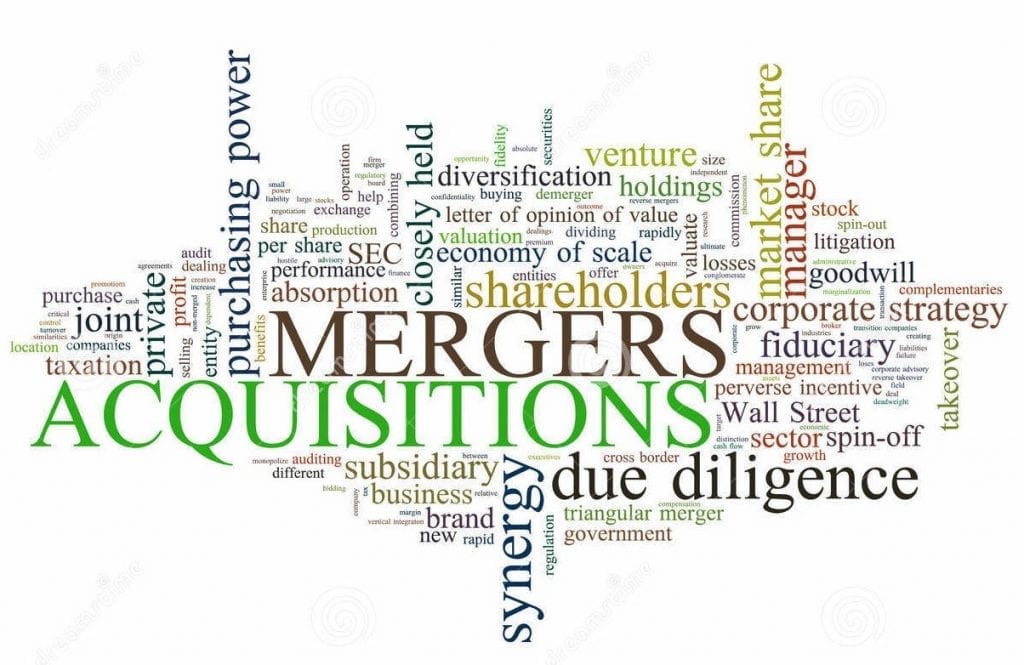Why Mergers And Acquisitions Take Place
One business topic that tends to draw a lot of attention is the topic of mergers and acquisitions. At the surface level, it seems like a fascinating aspect of business that involves the kinds of high-stakes business deals that are often represented in television and movies. To some degree, this perception is accurate; there are certainly times in the business world when companies are bought, sold and combined that involved large sums of money. Sometimes, competing interests are involved and the process is tense and exciting as it is depicted in the media. More often, though, mergers and acquisitions (sometimes referred to as M&A among financial industry professionals) are a routine function in the lifespan of a business. In fact, the more one understands about the topic, the more it is revealed to be much more complex than most originally understand it to be. Perhaps the broad title of mergers and acquisitions belies its underlying complexity. For those outside the business world, the following information can help deepen an understanding of exactly how transactions of businesses work. For business owners who wonder if a merger or acquisition is in their best interest, it helps to know a little about why the transactions happen in the first place. Here are some of the most common reasons companies buy other companies, are bought by other companies or merge with other companies.
To Improve Performance
Improving performance is one obvious goal that many companies have in the restructuring process of a merger or acquisition. While many view a merger or acquisition as happening for the benefit of one company at the expense of the other, this is not always the case. Many times, a merger or acquisition will take place that is designed to benefit both companies involved. In fact, the smaller company—perceived by outsiders to be getting swallowed up in a deal—often benefits just as much if not more than the larger company due to the expanded financial and other resources at its disposal after the deal is made.
To Remove Excess
Sometimes, there is a situation within an industry where there is too much supply and not enough demand. As anyone with a cursory knowledge of economics understands, this drives down prices. When this happens, companies will merge with or acquire other companies as a means of limiting the supply available on the marketplace. This removal of excess competition often has benefits for the consumer as well, as companies may be forced to rethink their long-term strategy with a focus on quality and innovation.
To Create Growth
Mergers and acquisitions can also occur with the simple goal of accelerating growth. One company will buy another company or merge with another company to increase their own or their collective share of a particular market. Many times a larger company will buy a smaller, more specialized company with the hope of entering into their niche, specialized marketplace; an example of such an acquisition would be a major food retailer buying a smaller organic food business.
Other Reasons
There are several other major reasons that mergers and acquisitions take place. Companies make these transactions to acquire skills and technology, as part of roll-up strategies and to encourage competitive behavior within a market. Beyond the different reasons for mergers and acquisitions, they can also take many different forms. Horizontal mergers, vertical mergers, concentric mergers and conglomerate mergers all involve different ways a merger can take place, and some types are more well suited for certain purposes than others. The different types of possible mergers, though, is a topic for another post!

